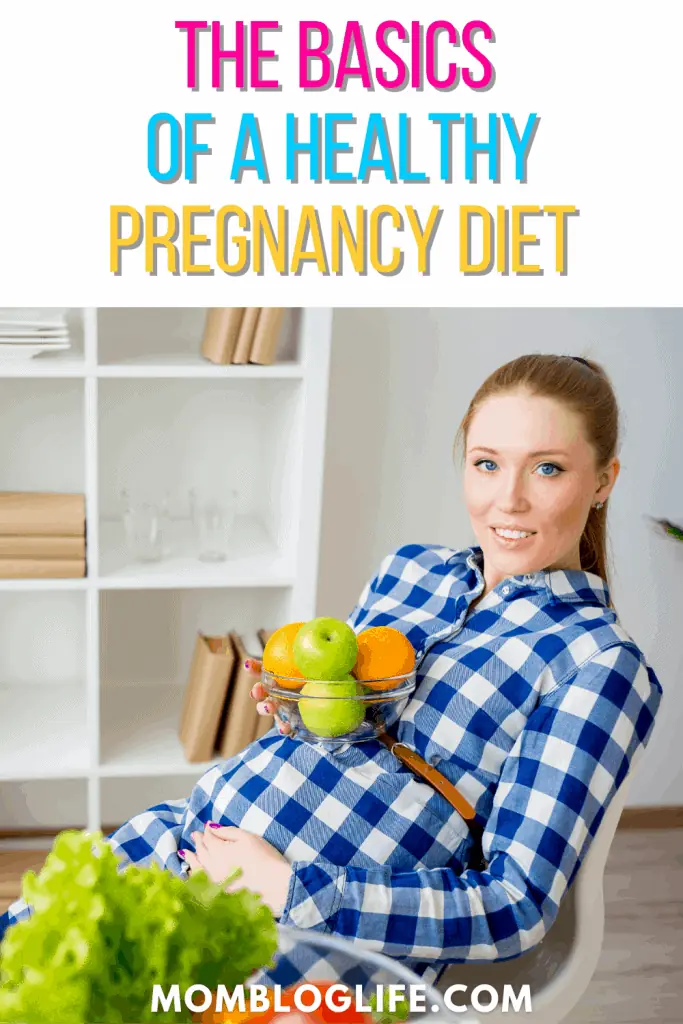Infographic: Things To Know About Pregnancy Nutrition
This post may contain affiliate links. As an Amazon Associate, I earn from qualifying purchases.
This week, the team at Women’s Healthcare– based out of the UK- is bringing you a quick overview for optimizing your pregnancy nutrition. Their infographic is perfect for a summary and coming back to when you have a question around your diet!
For first-time mothers, pregnancy can be a delightful yet stressful time. There are so many do’s and don’ts that you need to follow. Apart from early pregnancy check-ups, you need to deal with morning sickness and pregnancy fatigue.
You need to ensure that you are eating nutritionally rich foods and exercising right. The list of tips for a healthy pregnancy is quite extensive. However, the most important thing that’ll ensure the good health of both the mother and the baby during pregnancy is eating healthy foods that are rich in vitamins, minerals and nutrients.
Thus, here is a quick look at the optimal pregnancy nutrition, which includes the foods to eat and avoid.
Foods To Eat
During pregnancy, you should eat freshly cooked home-made food at all times. This will ensure that you don’t gain any excess weight. Plus, it will ensure that the fetus is getting the right nutrients which are essential for its growth and development. Some of the foods that you should eat includes:
- Eggs and Lean Meat: An egg is a wholesome food that offers almost all essential vitamins and minerals. Whereas, lean meat (lamb, chicken, beef) is a rich source of iron that prevents iron-deficiency anemia and provides zinc, vitamin B12, protein and more.
- Vegetables and Fruits: Dark leafy veggies (kale, spinach) should be a part of your pregnancy diet as they provide you with folate, fiber, iron, potassium and vitamins (A, C, and K). Fresh fruits, on the other hand, are a powerhouse of healthy fats and carbs, antioxidants, vitamin C etc. It helps boost the immune system and energy levels and aids in the baby’s cognitive development and builds healthy skin cells.
- Legumes: To reduce the risk of birth defects (neural tube defects) and prevent constipation include legumes in your diet as it provides folate, fiber, iron, calcium, and more.
- Nuts and Dairy products: Nuts are healthy pregnancy snacks offering amino acids, minerals, vitamins and omega 3 fats. So eat a handful of nuts every day such as hazelnuts, almonds, walnuts, dates, etc. Also, include dairy products such as milk, cheese and yoghurt in your diet as they provide calcium that helps in the development of the baby’s teeth, bones and muscles.
Related read: The Ultimate Guide to Pregnancy Nutrition
Foods To Avoid
To prevent any complications during pregnancy, mentioned below are a few foods to avoid during pregnancy.
- Raw Eggs and Meat
- Raw and High-level mercury Fish
- Unwashed and Undercooked sprouts, veggies, and fruits
- Canned foods and processed junk foods
- Unpasteurized milk, cheese and fruit juices
- Street foods
For more information, check out the infographic below.








